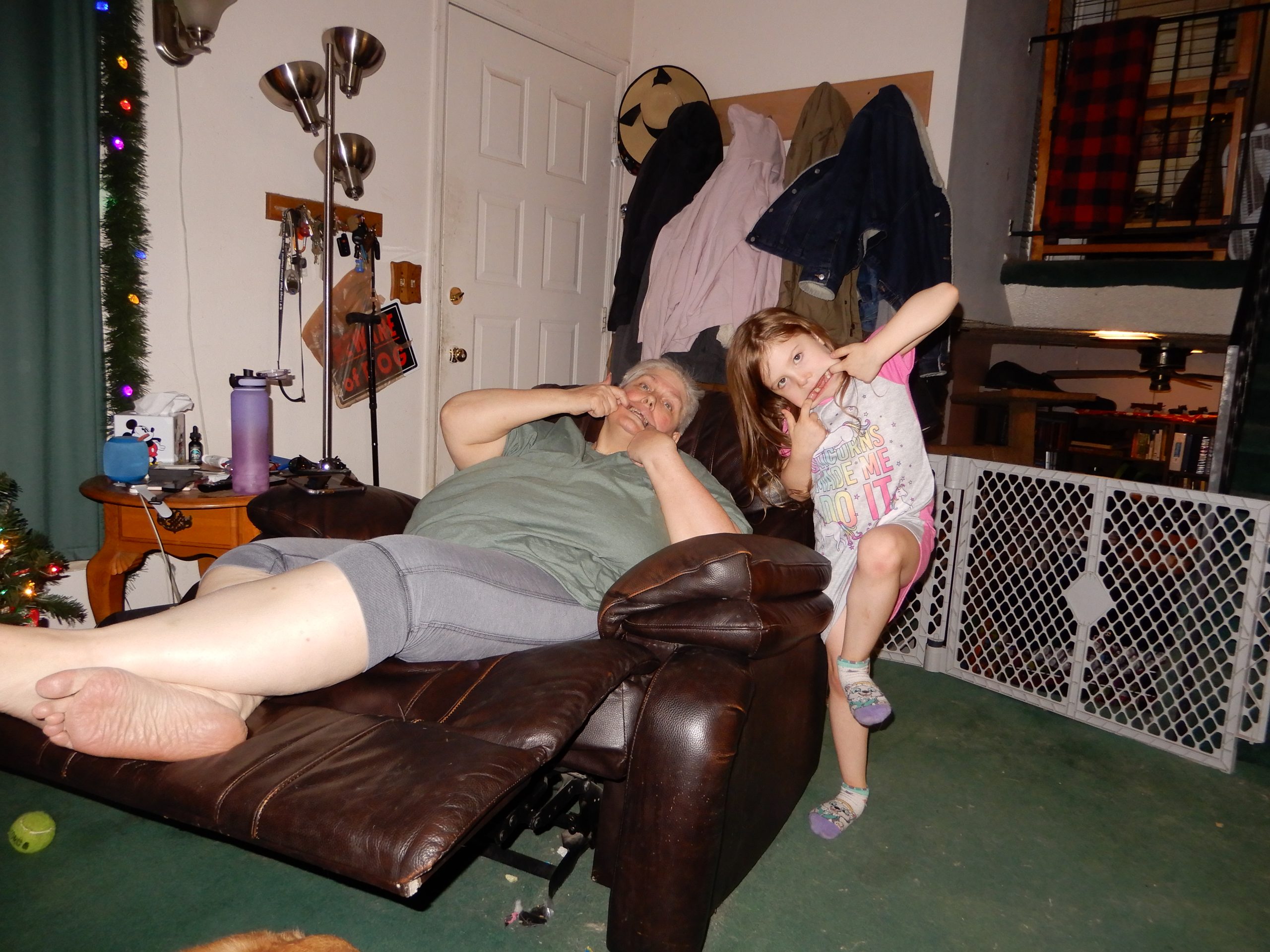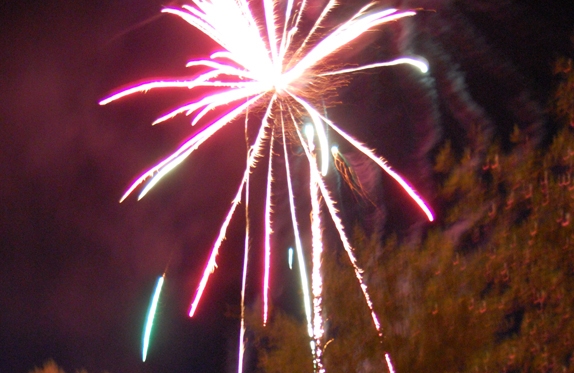CIA Sees No Clear Sign of Iran Nuclear Weapons Drive
The CIA reported in a classified assessment this fall that it has found no evidence that Iran is pursuing a clandestine nuclear weapons program parallel to its declared energy research, The New Yorker reported today (see GSN, Nov. 15).
The agency’s conclusions were based on measures including intelligence gathered by satellites, radioactivity measurements from water samples and industrial smoke plumes, and radiation detectors inserted by U.S. and Israeli agents near suspected Iranian nuclear weapons sites. They did not find notable levels of radioactivity, according to the magazine.
The White House has been critical of the report, a senior intelligence official told the magazine.� The lack of evidence is taken as an indication of a hidden program.
However, the CIA analysis argues against that conclusion. The United States was able to acquire details during the Cold War of the Soviet nuclear and missile programs, despite Moscow�s best efforts, a former intelligence official noted.
Vice President Dick Cheney vowed last month that a Republican loss in the midterm election in which Democrats captured control of both houses of Congress would not stop planning for military action against Iran, the New Yorker reported.
“They’re not looking for the smoking gun,” the intelligence official said. “They’re looking for the degree of comfort level they think they need to accomplish the mission” (Seymour Hersh, The New Yorker, Nov. 20).
Meanwhile, indications are growing that nations at the International Atomic Energy Agency Board of Governors meeting this week will reject Iran�s application for support for construction of a heavy-water nuclear reactor at Arak, the Associated Press reported.� Iran says it would use the facility to produce medical isotopes, but the reactor would also produce plutonium that could be used in weapons.
Diplomats say the move to deny Tehran technical assistance has gained enough support to be approved by 35-nation board when it meets in Vienna.
However, Iran is only seeking support for ensuring the environmental safety of the reactor. Denying assistance in that area would cause minimal delays in construction and would not affect Iran�s uranium work.
France is also urging the U.N. nuclear watchdog to consider seven other nuclear projects submitted by Iran and to reject some or all of them if they are found to be proliferation risks.
Differences persist among IAEA board members on the level of penalties to be assessed against Iran for its continued disregard for calls to suspend its uranium enrichment efforts, AP reported. (George Jahn, Associated Press I/Washington Post, Nov. 19).
The United States indicated today it would support Iran�s seven other requests if the agency rejected aid for Arak, AP reported.
Once it opens, within the next 10 years, the reactor would be �capable of producing plutonium for one or more nuclear weapons each year,� said Gregory Schulte, lead U.S. envoy to the agency.
�Given past board decisions, continued questions about Iran�s nuclear program, and the risk of plutonium being diverted to use in weapons, the United States joins with others who cannot approve this project,� he said (George Jahn, Associated Press II/Washington Post, Nov. 20).
The United States on Friday urged China and Russia to �accelerate the pace� of negotiations over U.N. Security Council sanctions against Iran, Agence France-Presse.� Beijing and Moscow have steadfastly opposed a Western sanctions plan.
Undersecretary of State Nicholas Burns decried the lagging talks on sanctions in the face of Iran�s continued refusal to heed U.N. demands to halt its enrichment activities.
�We�ve had a lot of debate, a lot of discussions, it�s time to get on with it,� said Undersecretary of State Nicholas Burns.� �We hope very much that the Russian and Chinese governments will accelerate the pace of work in New York.�
Burns said Moscow and Washington faced �tactical disagreements� over which sanctions to levy on Iran now and which to hold in reserve if Iranian defiance persists.�
�No one is taking the position that there will not be sanctions, the only question is:� What is the framework of this first sanctions resolution and then where do we go from there?� he said (David Millikin, Agence France Presse/Yahoo!News, Nov. 17).


















Never let facts get in the way of an invasion.